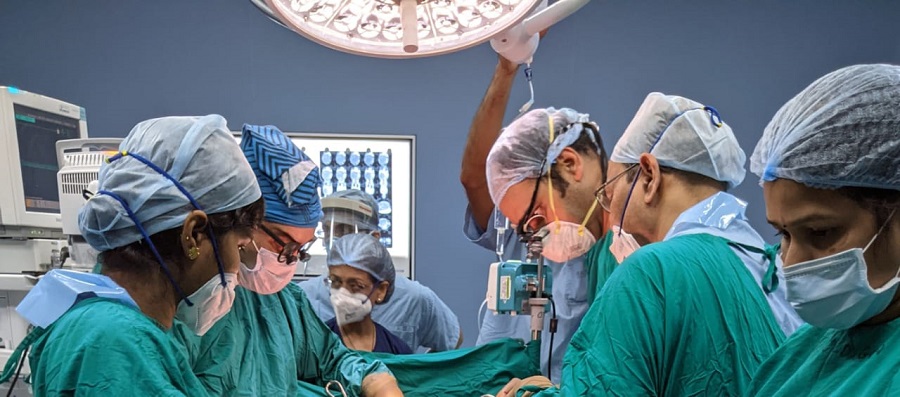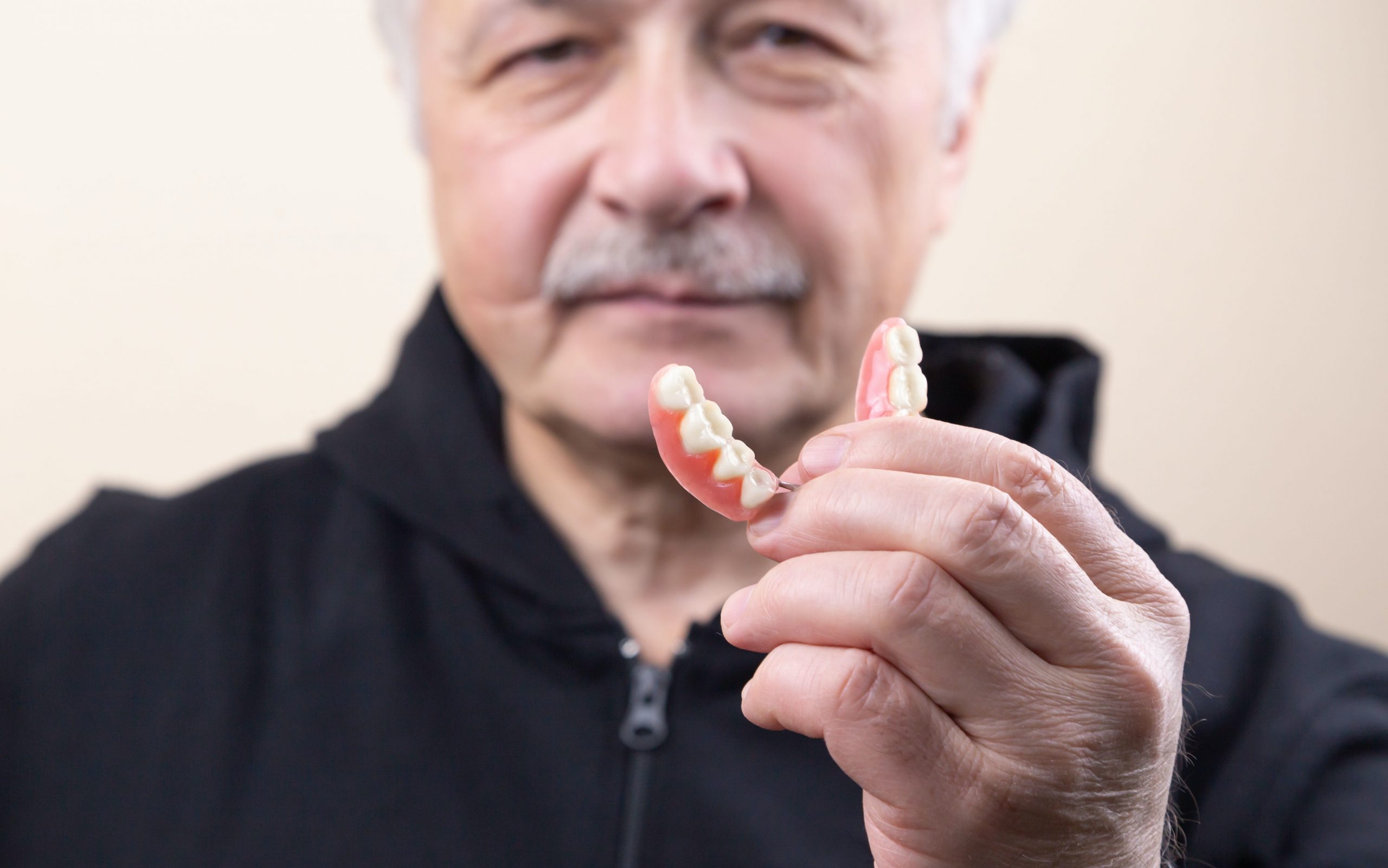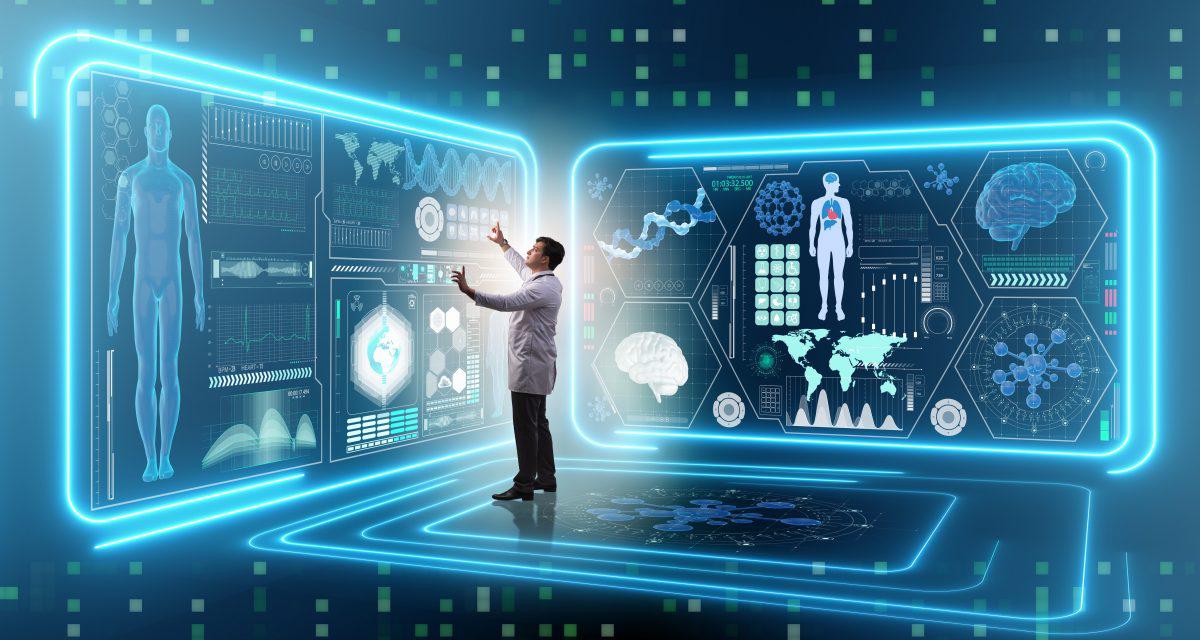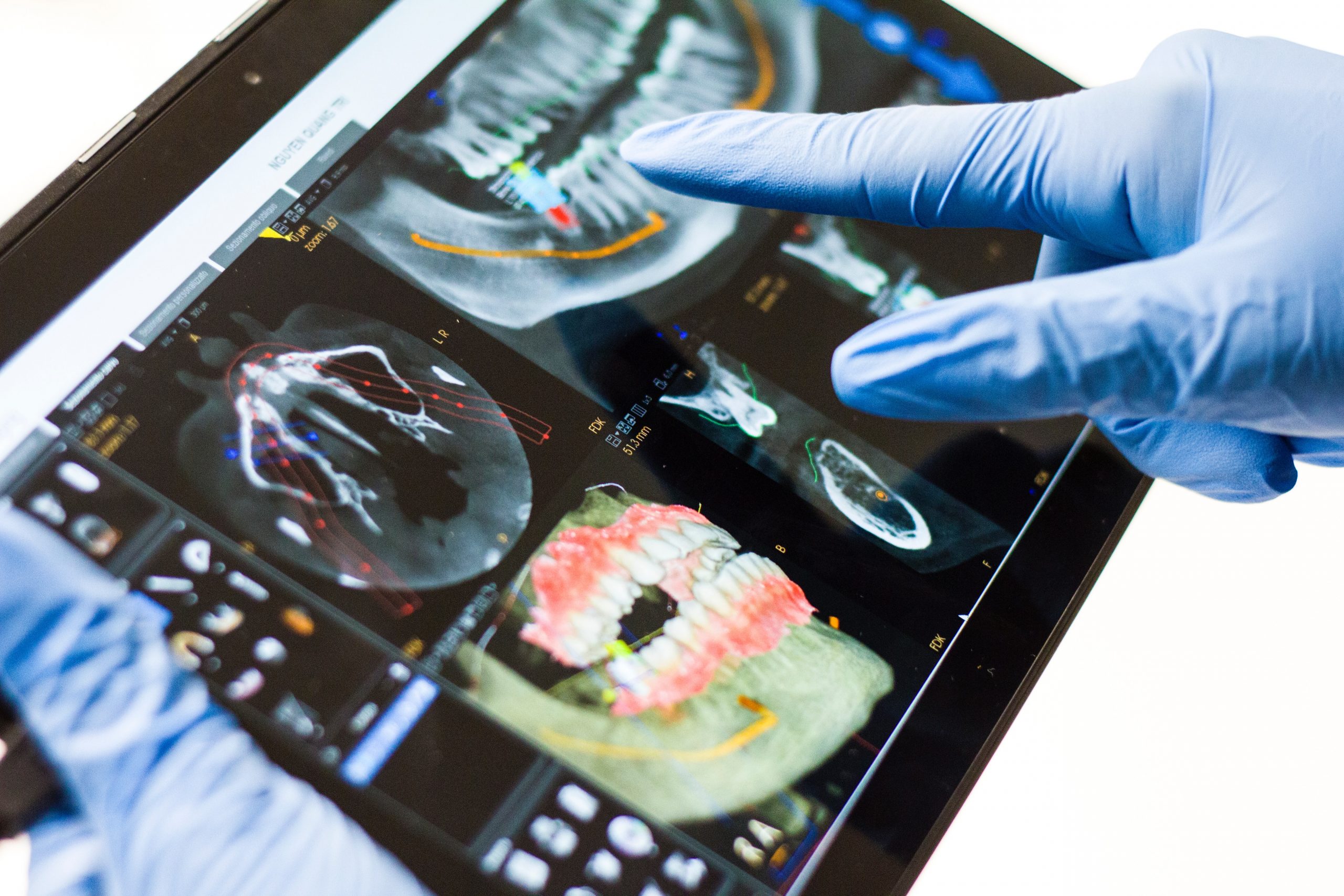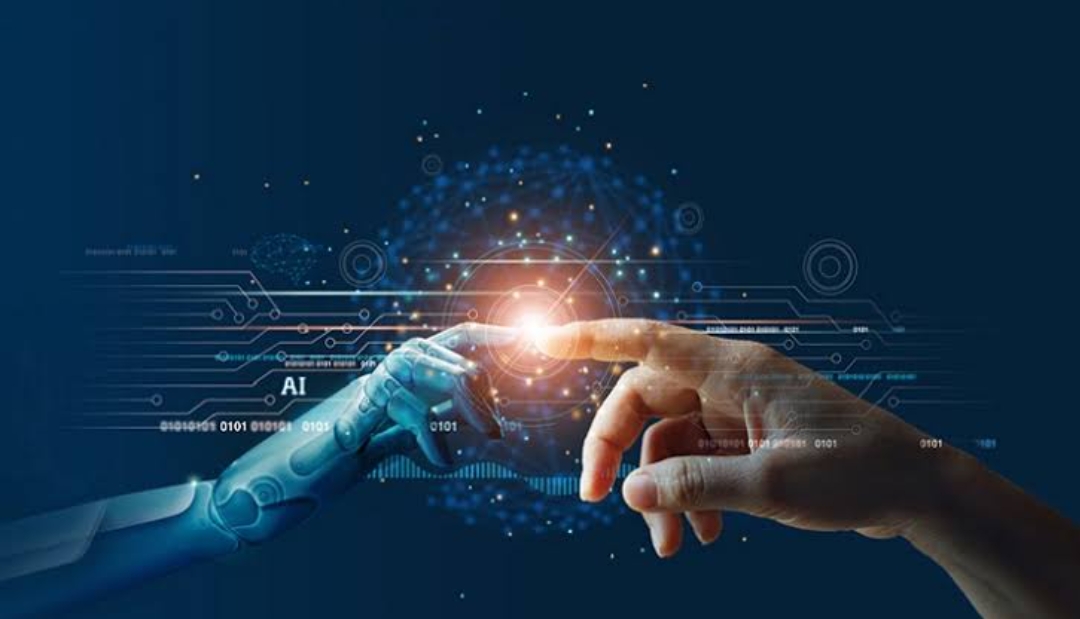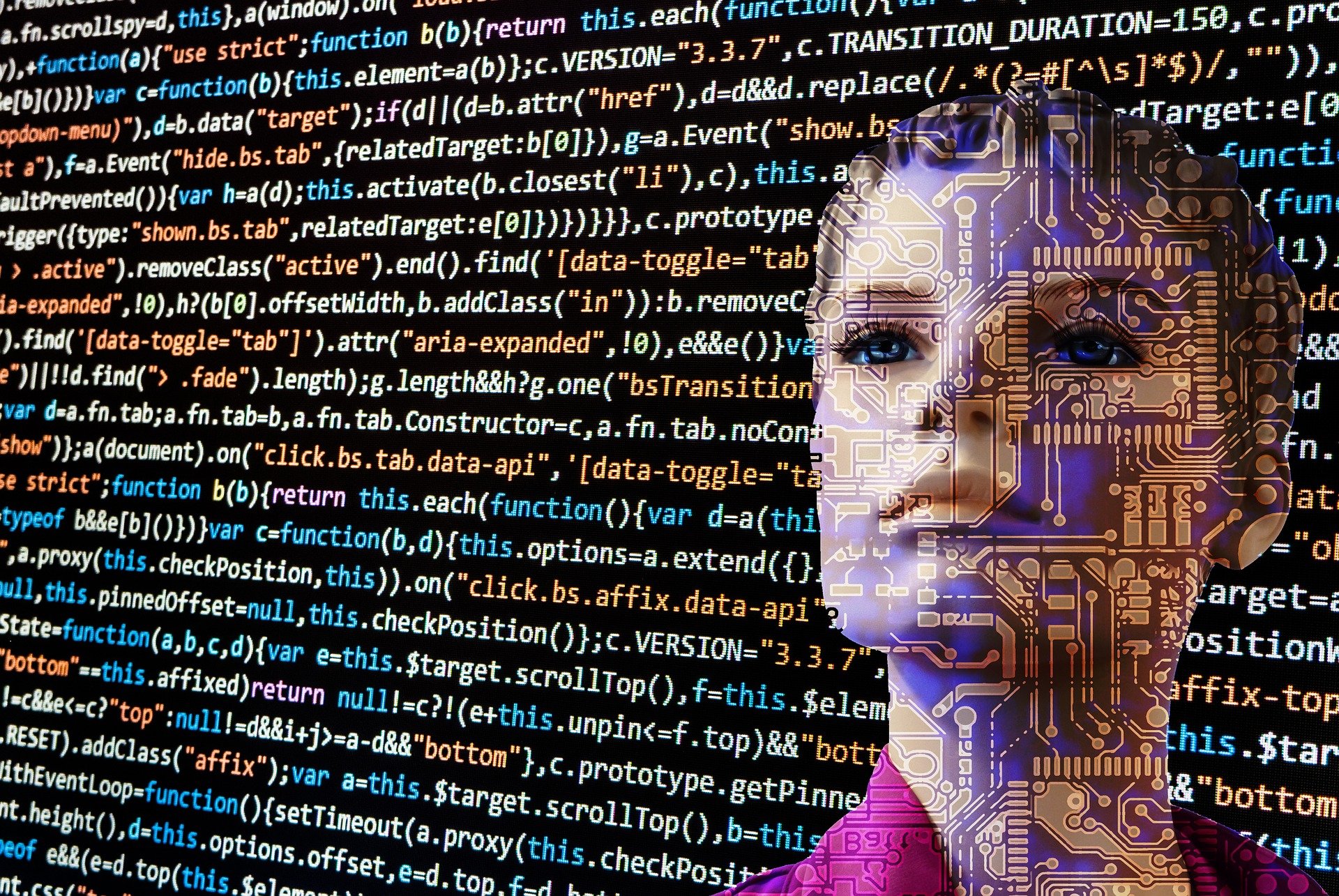
Healthcare Revolution by Artificial Intelligence, and Machine Learning
The healthcare sector is undergoing a transformation as a result of recent technological advancements. Many companies are investing heavily in innovative processes and technology in order to reduce costs and increase access to appropriate care facilities. In order to minimize operating and supply costs, healthcare providers are experimenting with and implementing innovative care delivery models, as well as transitioning to outpatient facilities. The healthcare revolution is coming and the industry is all set to go digital to make the process of providing healthcare facilities more seamless and more data-driven so that it becomes simple for both the patients and the healthcare providers to follow through. These two technologies will be the major game-changers in the healthcare industry, as they will be the future of healthcare.
Artificial intelligence
Artificial Intelligence (AI) is gaining traction, and in a few years, it will be a disruptive force that ushers in a much-needed revolution in the field of healthcare. The need for cost-effective therapies and personalized drugs is propelling AI in the healthcare industry. From hospital workflow activities to identifying health problems, maximizing workflow productivity, and ensuring diagnosis accuracy, AI can be used in any field of healthcare. Many organizations, ranging from small startups to corporate behemoths like Google, IBM, and Microsoft, have already begun working on their own AI healthcare ventures and are devoting more resources to examining the potential of this field. Machine learning and artificial intelligence (AI) will soon be used in the entire healthcare environment, from basic customer wellbeing apps to complex disease management and clinical decision support.
Machine Learning
Machine learning became a reality in 2010 when high-performance computing hardware such as graphics processing units (GPUs), tensor processing units (TPUs), and quantum-based gaming technology became available to run complex video games like Xbox. Machine learning (using convolutional neural networks) is now propelling medical breakthroughs in fields like medications and vaccines, medical devices, medical imaging, and radiogenomics. Machine learning and healthcare are well-matched to each other in several ways. Much of healthcare is based on pattern recognition. The human body and its various subsystems work in predictable and quantifiable ways in a healthy state. When a human body is afflicted, it deviates from homeostasis inconsistent ways through time and populations.
Some believe the pace at which these developments are being implemented is slow. But there’s no denying of the fact that these technologies are becoming widespread to create a cost-efficient and patient-centric healthcare system.


